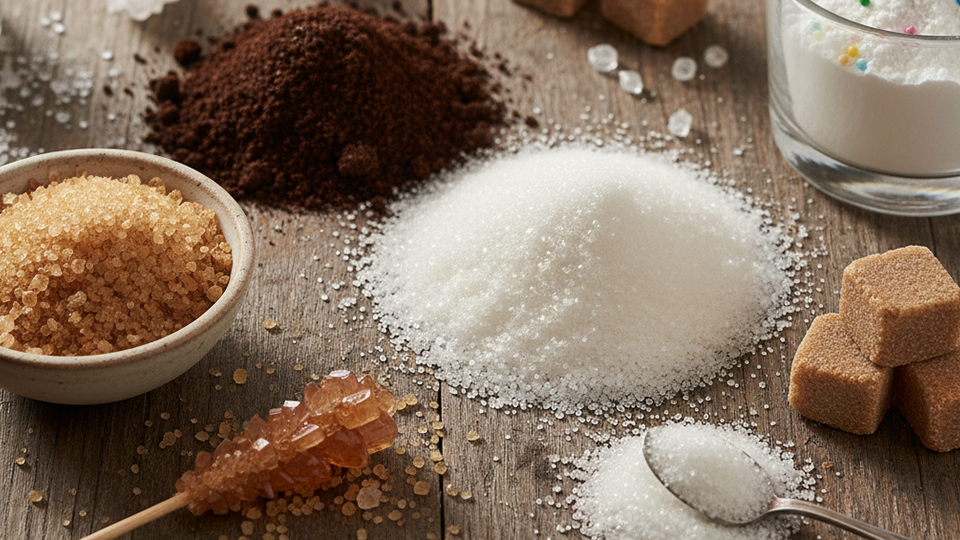One of the main reasons people do Cleanse Days is to accelerate fat loss, and it is well known that exercise can boost these efforts. So it seems intuitive that exercise would be a good thing, right? Not necessarily. It turns out that intense exercise on Cleanse Days may do more harm than good.
Because low-calorie Cleanse Days do not provide protein and carbohydrates in levels that support optimal post-exercise recovery, exercising at a very high intensity can potentially bring unwanted consequences. What are the possible downsides to exercising vigorously while cleansing? And if less intense exercise is okay, how much and what type is best to do? To answer these questions, let’s begin by taking a closer look at what happens to the body during a Cleanse Day and also during exercise.
What happens during a Cleanse Day
Isagenix Cleanse Days limit foods while providing herbs, minerals, and vitamins that support detoxification. The purpose of cleansing is to allow your intestinal tract and liver to rest while stimulating fat loss and aiding the removal of accumulated impurities and toxins.
Although Cleanse for Life is rich in botanicals and antioxidants that fight free radicals and facilitate toxin removal, it does not provide many calories. Even when using Snack Bites or IsaDelights as tools to get through Cleanse Days, calorie intake is very low and weight loss will occur as a person burns through the sugar in their blood, stored carbs, and fat tissue (See What Happens to Body Fat When you Cleanse).
What happens during exercise
Calories are purposefully kept low on cleanse days to support weight loss and detoxification; however, that is completely opposite of what the exercising body needs to support performance and recovery following intense activity. During exercise, the body uses sugar in your blood, stored carbohydrates (glycogen), and fat for energy. As the intensity of the exercise increases, the more the body relies on carbohydrate for fuel and the less it relies on fat.
For example, when doing repeated sprints, such as in a soccer match or during high intensity interval training, the body will use less fat and more carbohydrate. If a person is doing lower intensity exercise, such as an endurance event or half-marathon, they will depend more on fat for energy. During Cleanse Days, when blood sugar and glycogen is less available for strenuous intense exercise, engaging in lower intensity exercise may be better.
Although getting the right nutrition before exercise is important, getting the right nutrition directly after a workout is also critical. Eating protein following a workout will trigger muscle growth and muscle recovery. If quality sources of protein are not supplied during the post-workout period, muscles don’t have the right tools to grow and broken down muscle will not recover well. Especially if the intensity or the duration of exercise is high, there might be a greater chance of sustaining nagging injuries or causing excess soreness.
The post workout period is also the best time for replenishing stores of carbohydrate used during exercise. Directly following a workout, the body is primed for quickly refilling glycogen. If carbohydrate is not eaten following a workout, glycogen stores will remain low and when carbohydrate is eaten at a later time, the body will not be as efficient in replacing it.
Getting carbohydrates quickly after exercise also has the added benefit of reducing the stress hormone cortisol that is elevated by exercise. Additionally, eating protein and carbohydrates after a tough workout will aid muscle growth, speed recovery, and support the immune system. The higher the intensity and the longer the duration of a workout, the harder it is on the body and the more important it becomes that the body receive adequate protein and carbohydrate for fuel, recovery, and immune health.
Studies on strenuous exercise during fasting
Subjecting the body to the extra stress of vigorous exercise during days where energy needs are low can have unintended harmful consequences. Most studies exploring the effects of exercise during fasting have been done on Muslim athletes undergoing strenuous training while observing Ramadan.
During the month of Ramadan, Muslims refrain from eating and drinking from sunrise to sunset. Studies show that fasting during the day and pre- and post-exercise can impair the performance of these athletes, resulting in fatigue, increased muscle damage and susceptibility to injury, poor recovery, and a reduced ability to adapt to exercise in preparation for future sessions (1-3). To prevent the harmful consequences of exercising while fasting, many athletes observing Ramadan train close to or after sunset so they can eat carbohydrates and protein before and/or after exercise.
The intensity of exercise is important on Cleanse Days
All of the possible harmful consequences of exercising vigorously make it sound as if all exercise is completely off limits on Cleanse Days, but this is not the case. Not all exercise is equal in stressing the body.
The bottom line is that the intensity and duration of the exercise matters most on Cleanse Days. Certainly it would not be a good idea to engage in a sport competition on a Cleanse Day, and might also be a good idea to avoid activities that involve heavy weight lifting, repeated bursts of alternating intense bouts of exercise (i.e. sprint track workouts or soccer), and performing for long periods (i.e. 10k run). Less vigorous activities such as walking and yoga would still burn extra calories, but would not place as much strain on the body.
References
- Maughan RJ, Zerguini Y, Chalabi H, Dvorak J. Achieving optimum sports performance during Ramadan: some practical recommendations. J Sports Sci. 2012;30 Suppl 1:S109-17. doi: 10.1080/02640414.2012.696205
- Burke L. Fasting and recovery from exercise. Br J Sports Med. 2010 Jun;44(7):502-8. doi: 10.1136/bjsm.2007.071472. Epub 2010 May 10.
- Chamari K, et al. Injury rates in professional soccer players during Ramadan. J Sports Sci. 2012;30 Suppl 1:S93-102. doi: 10.1080/02640414.2012.696674. Epub 2012 Jun 15.





